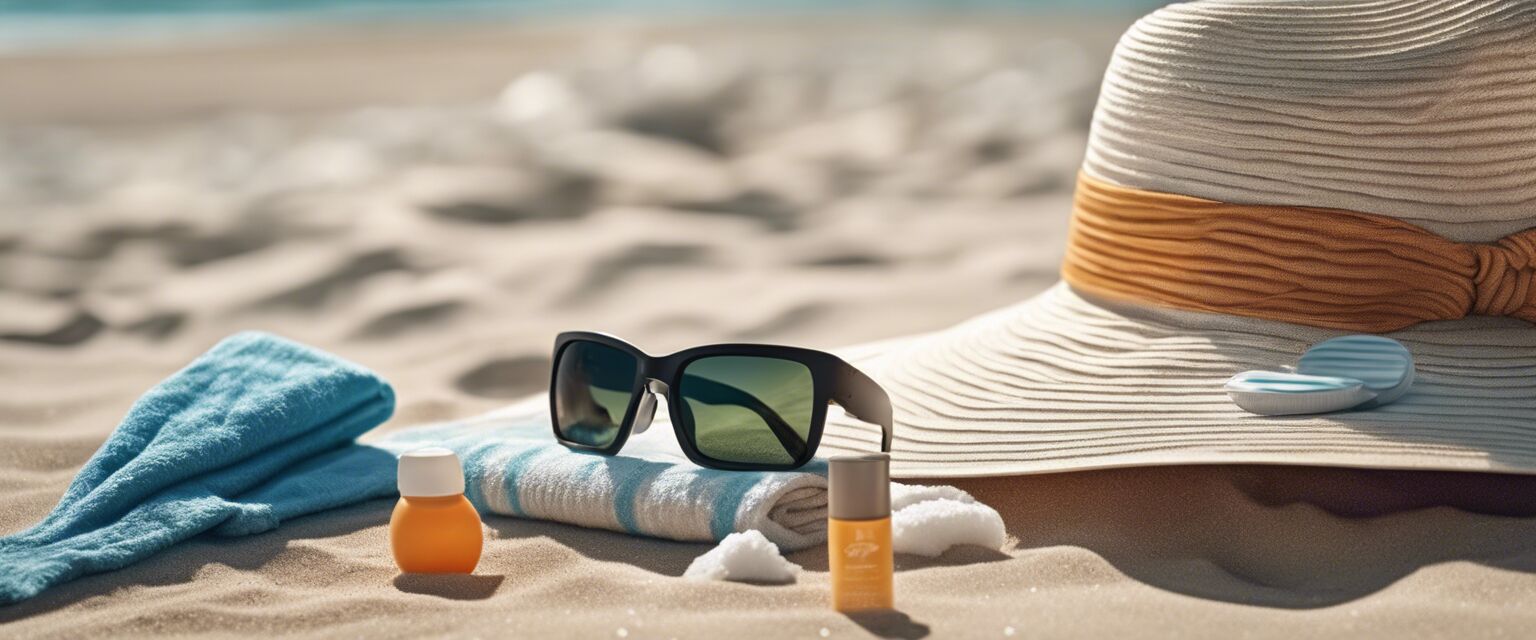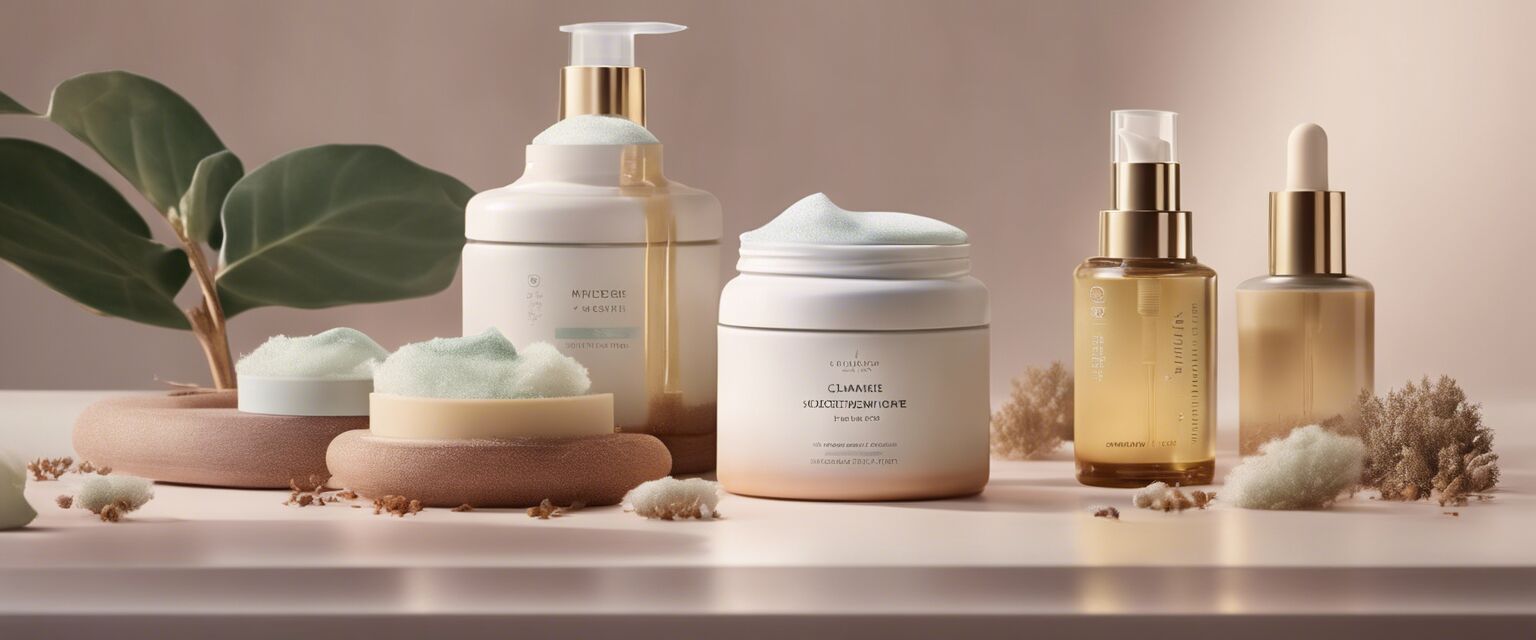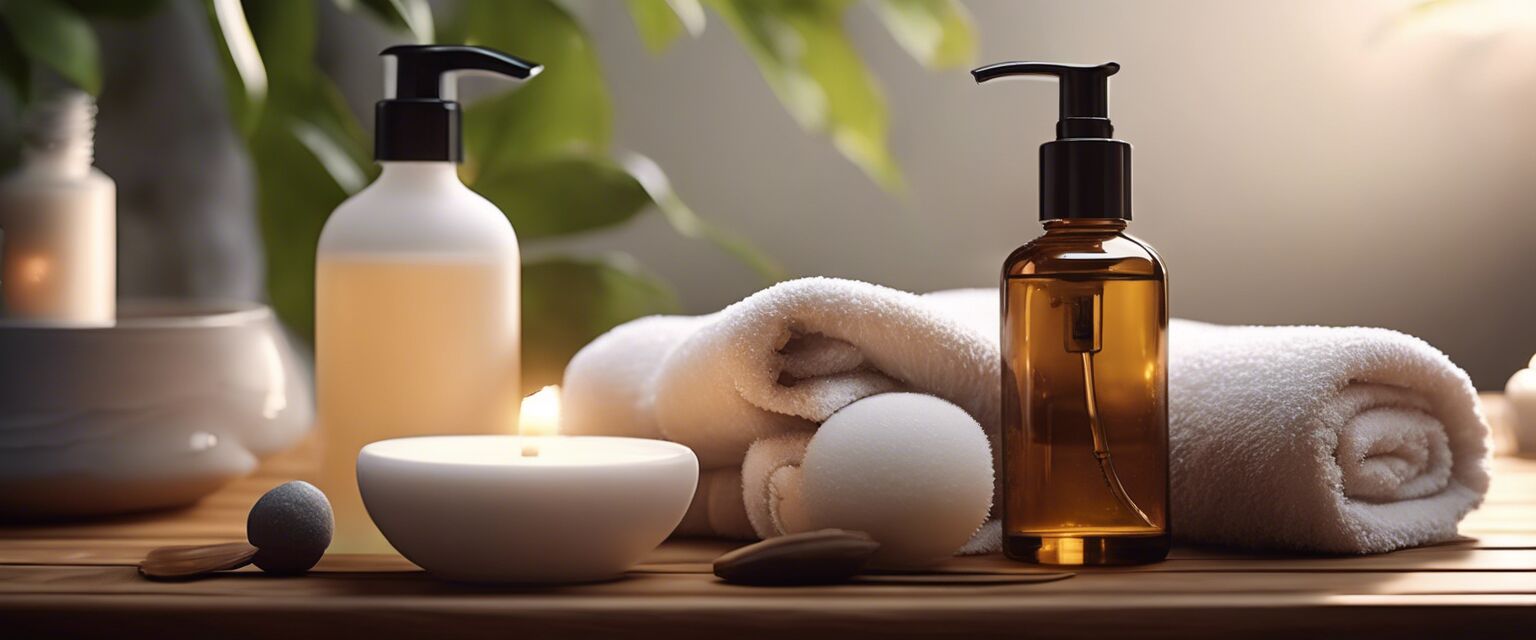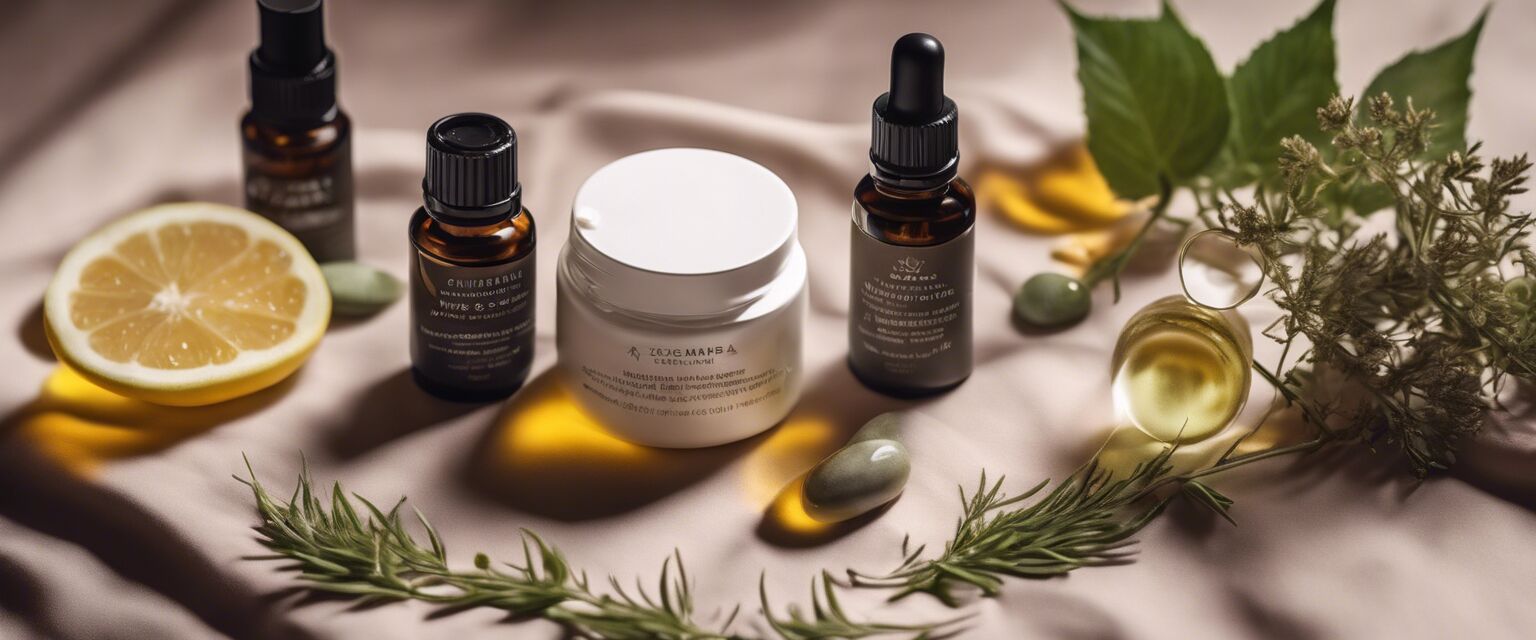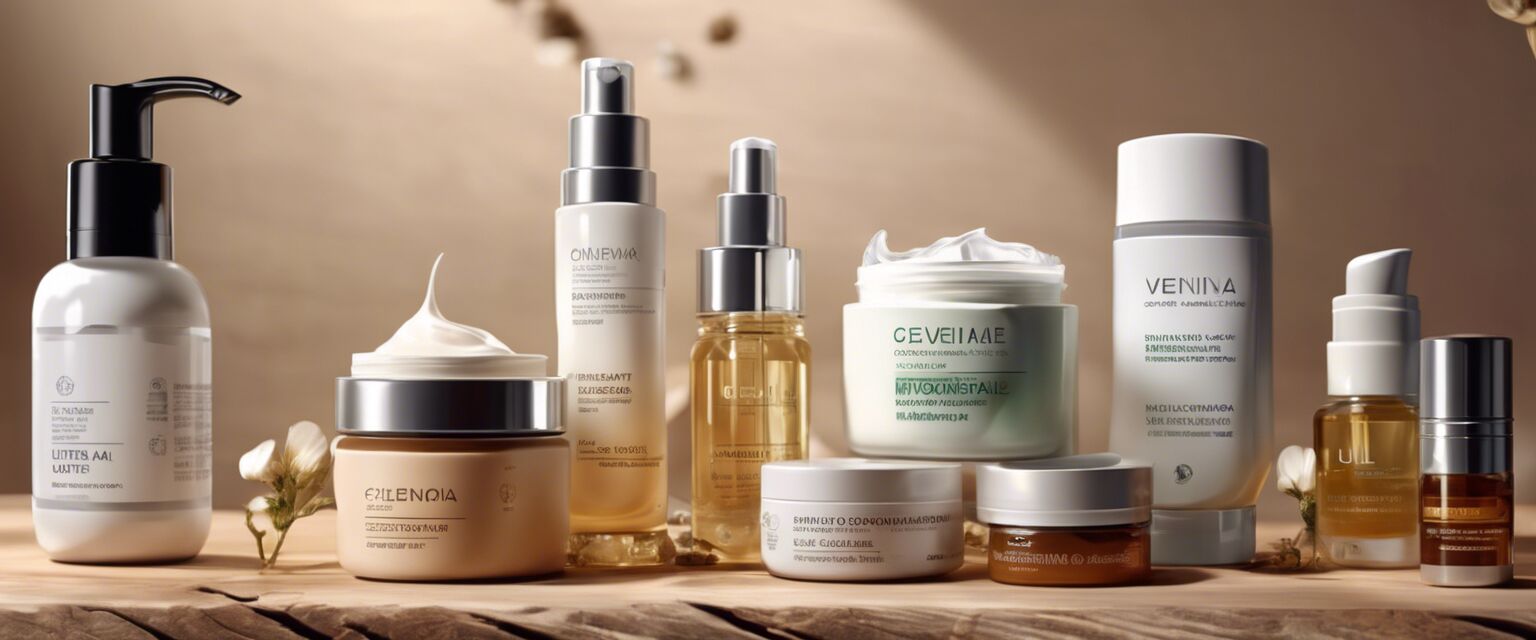
Hydration and Moisturizing
Key Takeaways
- Hydration is essential for maintaining healthy skin.
- Moisturizers help to lock in moisture and protect the skin barrier.
- Choosing the right products depends on your skin type.
- Incorporating hydration into your skincare routine can enhance your skin's appearance.
- Stay consistent with your routine for the best results.
Keeping your skin hydrated and moisturized is crucial for maintaining its health and radiance. In this article, we will delve into essential routines and products that can help you achieve and maintain hydrated skin. Whether you're dealing with dry, oily, or combination skin, understanding the importance of hydration and moisturizing can lead to a more vibrant complexion.
Understanding Hydration vs. Moisturizing
Before diving into routines and products, it's essential to differentiate between hydration and moisturizing:
| Hydration | Moisturizing |
|---|---|
| Refers to increasing the water content in the skin. | Involves creating a barrier to prevent moisture loss. |
| Typically achieved with water-based products. | Usually involves oil-based products. |
| Helps plump and soften the skin. | Protects and nourishes the skin's outer layer. |
Why Is Hydration Important?
Hydrated skin appears more youthful and radiant. Lack of hydration can lead to dullness, flakiness, and increased visibility of fine lines. Here are some reasons why hydration is crucial:
- Supports skin elasticity.
- Enhances skin barrier function.
- Reduces the appearance of wrinkles.
- Improves overall skin texture.
Moisturizing for Skin Health
Moisturizing is vital for sealing in hydration and maintaining the skin's natural barrier. A good moisturizer can help protect your skin from environmental stressors. Here are some benefits:
- Prevents moisture loss.
- Soothes dry skin.
- Can help manage oil production.
- Provides essential nutrients to the skin.
Choosing the Right Products Based on Skin Type
Selecting the appropriate hydration and moisturizing products is key to achieving optimal results. Below is a guide based on different skin types:
| Skin Type | Recommended Hydration Products | Recommended Moisturizers |
|---|---|---|
| Dry Skin | Hydrating serums, Hyaluronic acid | Thicker creams, Oil-based moisturizers |
| Oily Skin | Lightweight gels, Water-based serums | Oil-free moisturizers, Lightweight lotions |
| Combination Skin | Gel creams, Hydrating mists | Medium-weight lotions, Balanced creams |
| Sensitive Skin | Fragrance-free gels, Aloe vera | Non-comedogenic creams, Soothing ointments |
Essential Steps for Hydration and Moisturizing
Incorporating these steps into your skincare routine can ensure that your skin remains hydrated and moisturized:
- Cleansing: Use a gentle cleanser to remove impurities without stripping moisture.
- Exfoliating: Exfoliate 1-2 times a week to remove dead skin cells and allow products to penetrate better.
-
Hydrate: Apply hydrating serums immediately after cleansing.
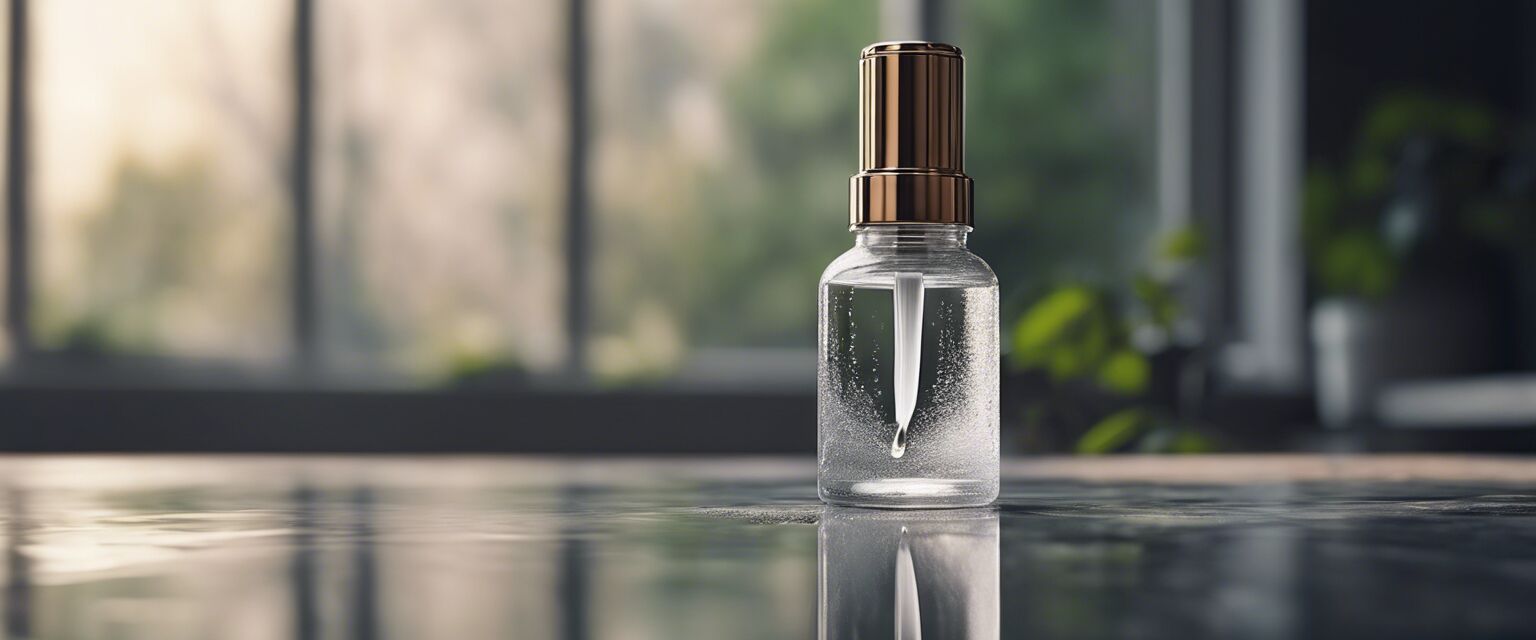
- Moisturize: Lock in hydration with a suitable moisturizer for your skin type.
- Sun Protection: Always apply sunscreen during the day to protect your skin.
Tips for Beginners
Beginner's Tips for Hydration and Moisturizing
- Start with a simple routine and gradually introduce new products.
- Patch test any new product to avoid adverse reactions.
- Drink plenty of water throughout the day to support skin hydration from within.
- Adjust your routine based on seasonal changes; you may need richer products in winter.
Common Ingredients to Look For
When shopping for hydration and moisturizing products, keep an eye out for these beneficial ingredients:
- Hyaluronic Acid: A powerful humectant that attracts moisture.
- Glycerin: A great moisturizer that helps maintain skin hydration.
- Shea Butter: An excellent emollient that nourishes the skin.
- Aloe Vera: Known for its soothing and hydrating properties.
Hydration and Moisturizing Myths
There are many misconceptions about hydration and moisturizing. Here are some common myths debunked:
- Myth: Oily skin doesn't need moisturizer.
Fact: Oily skin still requires hydration to balance oil production. - Myth: Drinking water is enough for hydration.
Fact: Topical hydration products are necessary for skin moisture. - Myth: You only need to moisturize in winter.
Fact: Moisturizing should be a year-round habit.
Conclusion
Maintaining proper hydration and moisturizing is essential for healthy skin. By understanding your skin type and selecting the right products, along with following a consistent skincare routine, you can achieve a radiant and youthful complexion. For more on skincare, check out our sections on facial care and body care to enhance your regimen.
Pros
- Improves skin texture and appearance.
- Helps prevent premature aging.
- Enhances the effectiveness of other skincare products.
- Provides a protective barrier against environmental stressors.
Cons
- Choosing the wrong products can lead to breakouts.
- Some products may cause irritation in sensitive skin.
- Requires a consistent routine for best results.
- Can be overwhelming to navigate the vast array of choices.
Further Reading
For more insights into skincare, consider exploring our sections on anti-aging, sun care, and hair care.
FAQs
Here are some frequently asked questions regarding hydration and moisturizing:
- How often should I moisturize? It's best to moisturize at least twice a day, morning and night.
- Can I use both a serum and a moisturizer? Yes, using both can enhance hydration and moisture retention.
- Is it necessary to hydrate if I use a moisturizer? Yes, hydration and moisturizing serve different purposes and are both essential for healthy skin.

